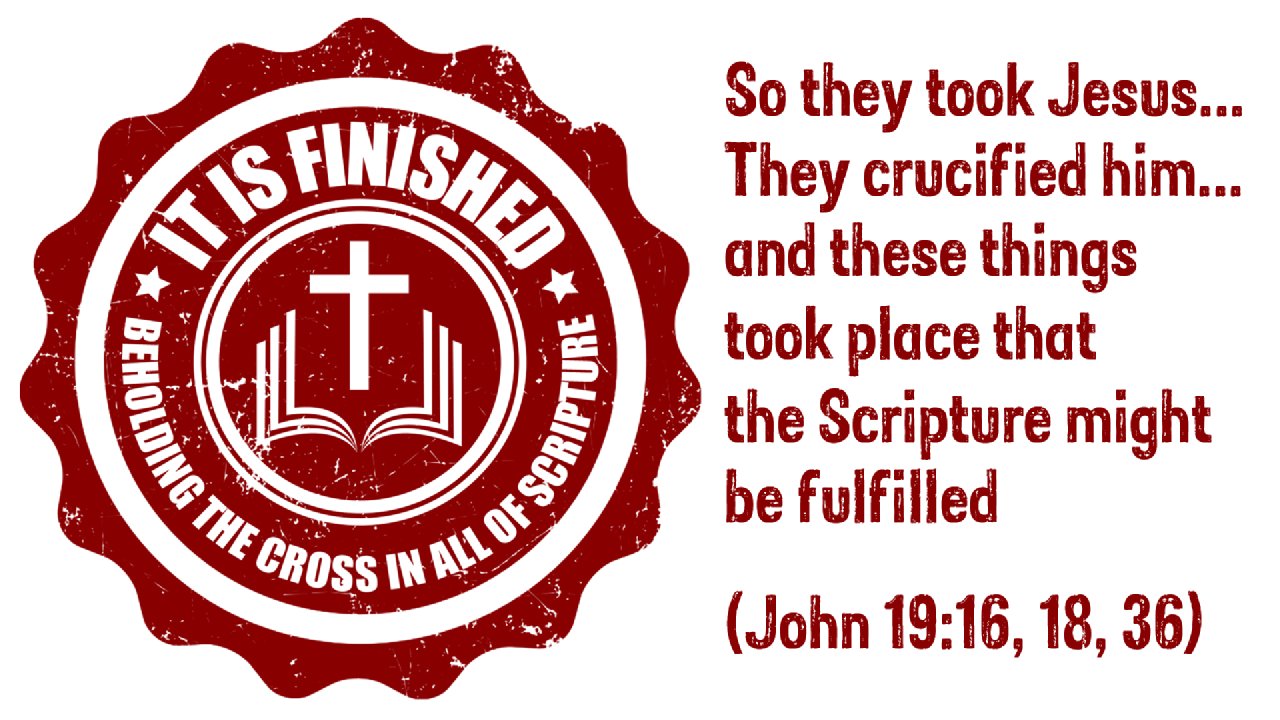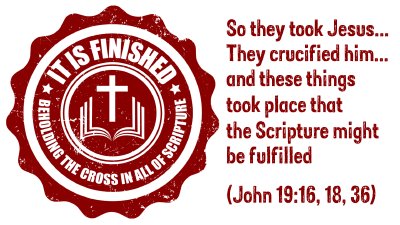Dear OBC Family,
As we continue our series on the cross, we will look at Mark 10:35-45. In this passage, Jesus states that he has come not to be served, but to serve and give his life as a ransom for many. This statement shows the self-understanding of Jesus that he is the Christ, the Messiah of God, who is the atoning sacrifice for sin. The term “ransom” or redemption means a price paid to free someone, like a slave or a prisoner of war. Jesus interprets his impending death on the cross as a substitutionary payment or sacrifice for his people. This understanding parallels the description of the suffering servant in Isaiah 53:10-12. Jesus Christ saw his role as Isaiah’s Servant of the Lord and his death on the cross as a sacrificial atonement for the sins of his people.
To prepare for Sunday, read Mark 10:35-45, as well as Isaiah 53. As you read, reflect on what Christ’s sacrifice as the suffering servant of the Lord on the cross means for the ransom of your soul if you are in Christ, especially considering Psalm 49:7-9. May these passages help us understand what Jesus accomplished on the cross to ransom us from sin and death.
I look forward to seeing you Sunday and to marveling with you at God’s grace in ransoming us through the sacrifice of the Servant of the Lord.
For His Glory and your joy,
Pastor Rod
---------------------------------------------------------------------------------------
Discussion & Response Questions for Mark 10:35-45
1. What idolatry do you see underlying James and John’s request? What positive aspects (if any) do you see in their request?
2. What do you want Jesus to do for you? How does this correspond or not correspond with what he has already done for you?
3. How does Jesus’ response to them serve to instruct us? (vv. 38-40)
4. Compare and contrast the response of Jesus to James and John with that of the other 10 disciples. What do we learn about how to disciple or encourage someone from Jesus’ response?
5. Theologically, what is the nature of the ransom paid by the Son of Man?
6. Why is a ransom necessary? What does the ransom accomplish? To whom is it paid?
7. Discuss the following passages on ransom. What is being ransomed? What are the similarities and differences in when ransom can be made and when it cannot, as well as the differences in the ransom that is to be paid?
- Ex 13:12–13; Ex 30:11–16; Ex 34:20; Lev 27:1–33; Num 3:40–51; Num 18:14–17
- Ex 21:28–32
- Lev 25:25–28; Lev 25:47–55; Ruth 4:1–13; Prov 13:8
- Lev 27:9; Nu 35:31–32
- Ps 49:7-8; Ex 30:12-16; Job 33:24
- Isa 51:11, 40:2, 43:3-5; Jer 31:11; Hos 13:14
- Acts 20:28; 1 Tim 2:5–6; Tit 2:14; Heb 9:15; 2 Pet 2:1
- 1 Cor 6:19-20, 7:23; 1 Pet 1:18–19; Rev 5:9
8. Reflect on the Son of Man’s service toward you in giving his life for your ransom. How should we respond to this reality?
6. The Ransom (Mark 10:35-45)
October 17, 2021 • Rod Fillinger • Mark 10:35–45
More from
It is Finished




